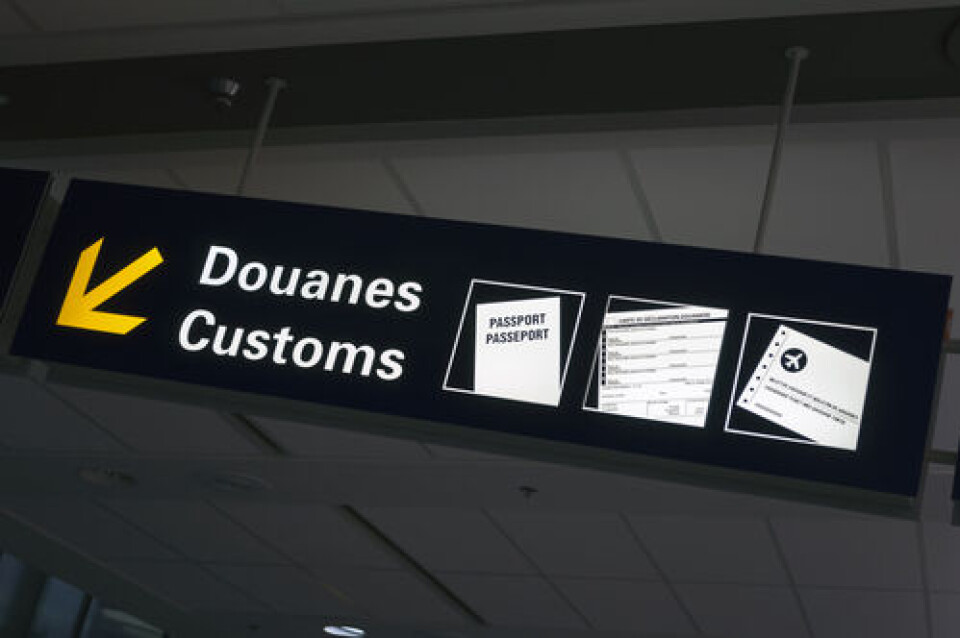-
90/180 days rule: readers tell of impacts on health and on family and working life
Rule affects Britons post-Brexit as well as other non-EU citizens such as Americans
-
Why I love where I live... in Nantes
Reader Sue Alouche, 66, and her French husband set up 'Knowing Nantes', a network for the anglophone community in the city
-
From civil servant to vacataire, clinical psychologist and super mum
Reader Flavia Campos, 44, explains how a move to Lille brought the variety she craved
What are moves to change 90-day visitor rule in France for Britons?
Some UK nationals who bought a holiday home before 2021 believe they should be allowed more flexibility when visiting

Reader question: We bought our second home in France before 2021 expecting freedom of movement in the EU. Are there any plans for relaxing the 90-day rule for people in our situation?
Many British second-home owners feel aggrieved at the 90 days rule, having previously had more freedom to stay longer in France as EU citizens prior to 2021.
They feel they bought their homes under one set of rules which later changed to another and that an exception should therefore be made for them.
The rule states that non-EU visitors to the Schengen area of nationalities not subject to the requirement of a visa for short visits are entitled to visit visa-free only for 90 days in any rolling 180-day period. This is calculated looking back from any given time.
As a result of this, British second-home owners, who have no special status in French law and are seen as equivalent to other visitors, have in many cases been affected as they can no longer spend long stretches of time in France without complex procedures to obtain a temporary long-stay visa.
Read more: Explainer: Make sense of six-month visas for France
There have been a number of campaigns for them not to be treated the same as other non-EU visitors.
In 2020 the then-Europe Minister Clément Beaune said that “an opt-out or more flexibility” might have been found in the Brexit negotiations but that British officials had shown “little appetite” for negotiating on this point.
Mr Beaune also alluded to the possibility of unilateral French measures later on depending on its relationship with the UK.
Legality under EU rules
A European Commission spokesman told The Connexion the commission could not rule out the possibility of a solution being found which would give special measures for British visitors but that any such proposition would need to be examined to determine its legality under EU rules.
French senator Corinne Imbert has called for a special status for Britons since then, arguing that many British second-home owners have made a significant contribution to their communities.
The Brittany region also stated willingness to raise such an idea with ministers.
Another senator, Michel Canévet, put the question to the government as to whether, for example, France could offer Britons the same as the UK offers Europeans and other visa-waiver nationalities: stays of up to six months.
The latter is a national UK immigration rule.
He said many Britons had invested in French homes, expecting the greater freedom afforded by EU membership.
In response, however, the French Foreign Affairs Ministry stated that the UK made the choice to give up freedom of movement and that the 90 days rule is defined in EU laws so it was not possible for France to give different rights to Britons unilaterally.
Since then there have been renewed calls for a change, with campaigners from the France Visa Free group suggesting that amendments to the immigration bill currently going through parliament would be an opportunity to create new rules.
One French senator stated he would talk to his group in the Senate about putting forward an amendment in support of their ideas, which include a special new visa for foreign second-home owners of all nationalities. Mrs Imbert also told The Connexion she would consider doing so.
Related articles
Why the EU’s new Etias visa-waiver system has been delayed again
French senator backs campaign for easier visas for second-home owners
Visas to stay in France for six months: Q&As on appointment process

























